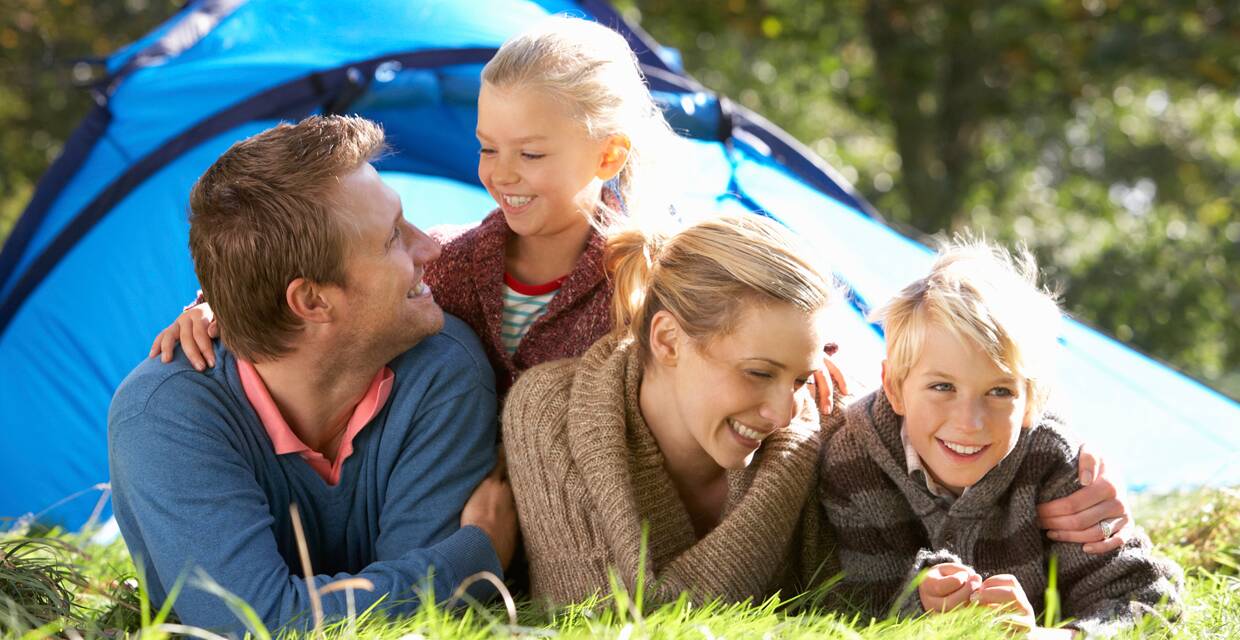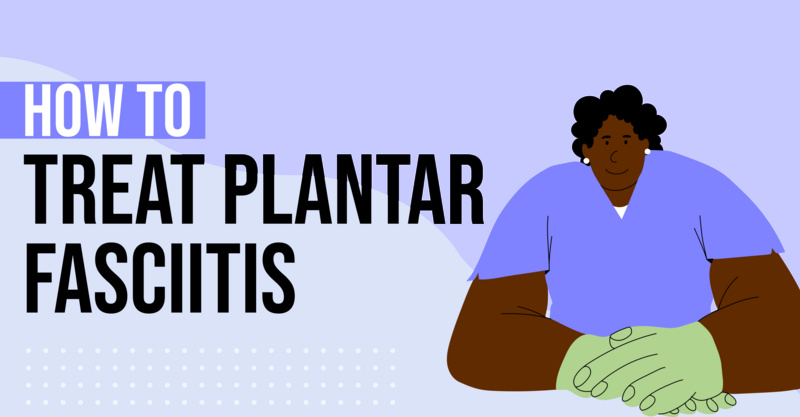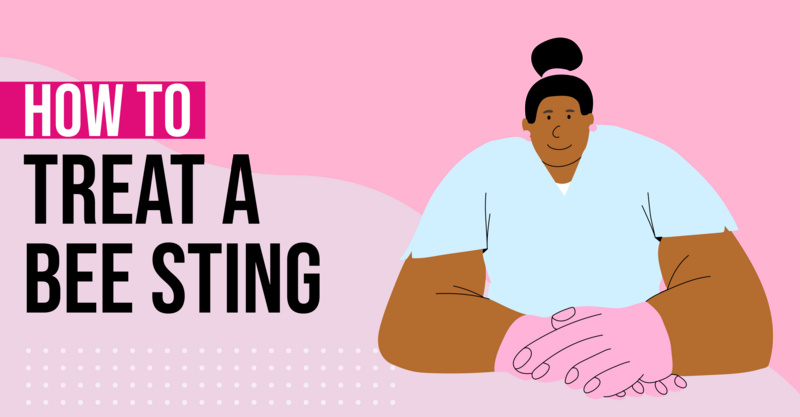Key Points
- Ensure all camping gear is in good condition and functioning properly before the trip. This includes items such as tents, flashlights, sleeping bags, stoves, and lanterns. Also, ensure everyone knows how to use the equipment to prevent injuries.
- Be prepared for potential injuries by carrying an adequate first-aid kit. The kit should include items such as insect sprays, sunscreen, antibiotic creams, hydrocortisone cream, epinephrine autoinjector, antihistamines, band-aids, bandages, prescription medications, tweezers, scissors, extra water, and blankets.
- Stay safe from wildlife by avoiding encounters with them. This can be achieved by not hiking alone or after sunset, making loud noises when a bear is nearby, not using scented shampoos or soaps, storing food in air-tight containers, and not sleeping in the clothes you wore to cook.
- Ensure you have ample water and storage for your camping trip. Always bring bottled water as water from creeks or streams may be unsafe to drink. Storage for dry and perishable goods is also essential.
Camping under the stars or by lakes, streams, or rivers is a great summer activity, particularly with kids. However, there are certain risks involved. Below are four camping safety tips everyone should follow.

1. Test All Camping Gear Before the Trip
Camping gear consists of everything from tents to flashlights to sleeping bags to stoves and lanterns. Check all items prior to leaving on your trip. If you find tears in tents, flashlights with dead batteries, stoves that don't work or propane tanks that are defective, be sure to repair all of these items.
If you wait until you arrive at the camping site, it will be too late and you'll be forced to adjust or make a lengthy trip to buy or retrieve adequate camping gear.
Along with gear preparation, have a group walk-through on how everything works. If anyone in the group doesn't know how to operate a radiant gas heater or a propane stove, injuries may occur to one or all, including carbon monoxide poisoning. Campfires are also a source of carbon monoxide poisoning, so make sure everyone knows how to prevent these fumes.

2. Deal with Injuries
The beauty of the outdoors can also cause harm if not cautious and aware of surroundings. Be prepared small and treatable injuries with an adequate first-aid kit. The CDC offers items to include in your kit so you're prepared for all emergencies. Some essential items to include for family care on outdoor camping trips include:
- Insect sprays that include DEET (read about other skin irritants)
- Sunscreen with SPF 15 or 30
- Antibiotic creams for scrape and sores
- Hydrocortisone cream and spray for insect bites
- Epinephrine autoinjector (EpiPen) for those allergic to insect stings or bites
- Antihistamines to help relieve itching
- Band-Aids and bandages for cuts and sprains
- Prescription medications taken regularly
- Tweezers and scissors for wound care
- Extra water and blankets
If someone on the trip experiences heat exhaustion or heat stroke, a cut that requires stitches or a broken bone, you pay need to visit an urgent care clinics so be sure to note where the nearest one is on your way to the campsite.

3. Stay Safe from Wildlife
Many campsites are very near to where bears and other critters make their homes. There are certain ways to keep you safe from these animals but the smartest advice is to avoid them. Gain an edge over bears by:
- Never hiking alone or after sunset
- Make loud noises such as banging pans or using whistles if you see a bear nearby
- Don't use scented shampoos or soaps
- Store food in air-tight containers, even leftovers
- Don't sleep in the clothes you wore to cook
Other invaders like mice, squirrels, chipmunks, skunks, raccoons, and porcupines are more of a nuisance than a threat and most fear humans. Keep them at bay with air-tight food containers, getting rid of garbage as the forest or campsite instructs, shining flashlights in their eyes, and avoiding confrontation.

4. Have Ample Water and Storage
This camping tip is of the upmost importance. Make sure you always bring bottled water as some waters in creeks or streams may be unsafe to drink. Storage for dry and perishable goods is also essential. Most camps provide nearby ice and water stations so be sure to replenish both when low.
If you follow these four tips when camping, chances are you're outdoor adventure will be an enjoyable one.
Frequently asked questions
What are some safety precautions to take before going on a camping trip?
Before going on a camping trip, it's important to test all camping gear, including tents, flashlights, sleeping bags, stoves, and lanterns. Any damaged or defective items should be repaired. It's also essential to have a group walk-through on how everything works to prevent potential injuries.Why is it important to have a first-aid kit while camping?
Having a first-aid kit while camping is crucial because the outdoors can sometimes cause harm if we are not cautious. The kit should be equipped to handle small and treatable injuries, and it should include items like insect sprays, sunscreen, antibiotic creams, hydrocortisone cream, an EpiPen, antihistamines, Band-Aids, prescription medications, tweezers, scissors, extra water, and blankets.What should you do if someone on the trip experiences a serious injury?
If someone on the trip experiences a serious injury like heat exhaustion, heat stroke, a cut that requires stitches, or a broken bone, you may need to visit an urgent care clinic. Therefore, it's important to note where the nearest one is on your way to the campsite.How can you stay safe from wildlife while camping?
To stay safe from wildlife while camping, avoid hiking alone or after sunset, make loud noises if you see a bear nearby, avoid using scented shampoos or soaps, store food in air-tight containers, and don't sleep in the clothes you wore to cook. For smaller critters, keep them at bay with air-tight food containers, dispose of garbage properly, shine flashlights in their eyes, and avoid confrontation.What are some tips for dealing with bears while camping?
To deal with bears while camping, never hike alone or after sunset, make loud noises such as banging pans or using whistles if you see a bear nearby, avoid using scented shampoos or soaps, store food in air-tight containers, and don't sleep in the clothes you wore to cook.What precautions should be taken to keep food safe while camping?
To keep food safe while camping, store it in air-tight containers, even leftovers. Don't sleep in the clothes you wore to cook. Most camps provide nearby ice and water stations, so be sure to replenish both when low.Why is it important to have ample water while camping?
Having ample water while camping is of utmost importance because some waters in creeks or streams may be unsafe to drink. It's always a good idea to bring bottled water.What are some ways to keep small critters at bay while camping?
To keep small critters like mice, squirrels, chipmunks, skunks, raccoons, and porcupines at bay while camping, use air-tight food containers, dispose of garbage as the forest or campsite instructs, shine flashlights in their eyes, and avoid confrontation.










